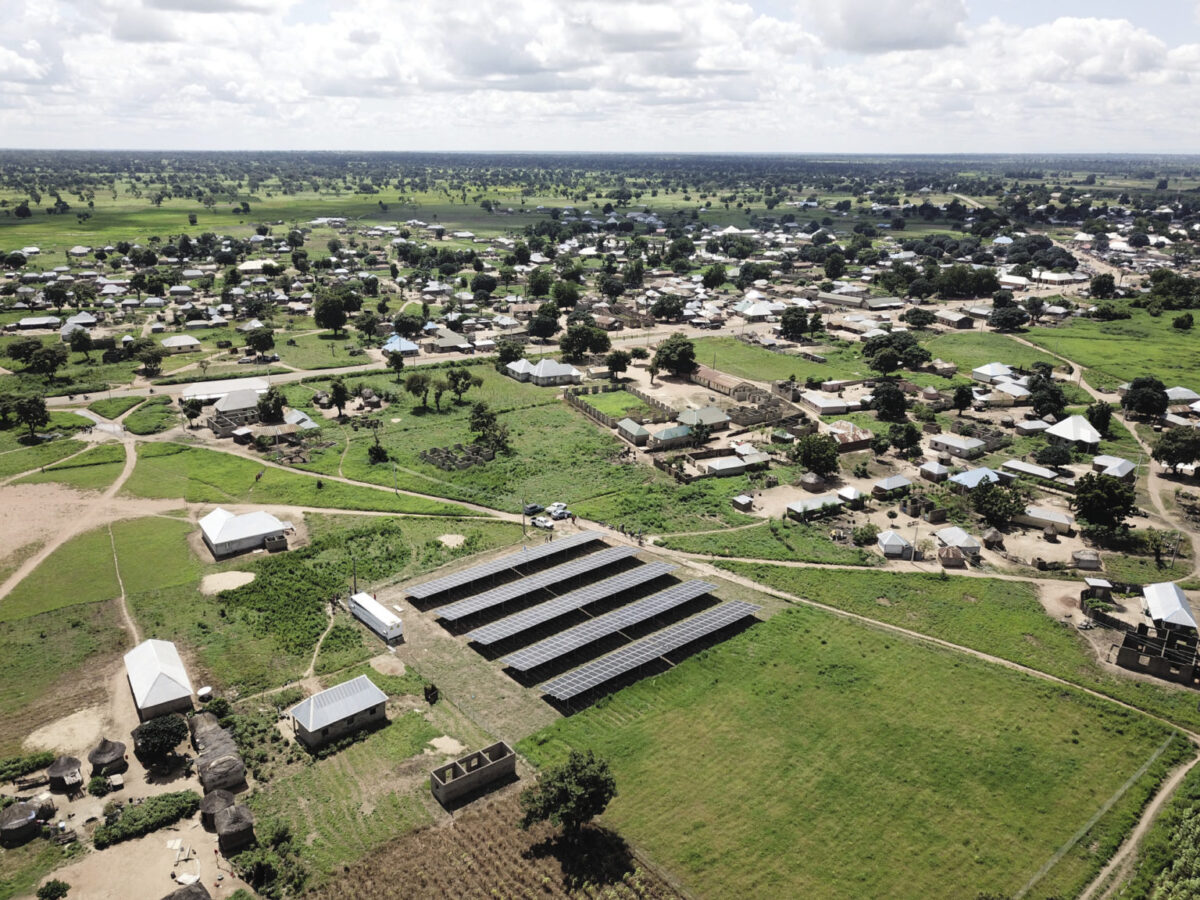Scientists from India and South Africa have assessed the technical and economic opportunity of operating hybrid PV-biogas microgrids to charge electric vehicles (EVs).
“The study carried out could be useful for the authorities working in EV charging stations infrastructure development, policymakers and researchers,” the research group said. “The challenges associated with this work are mass adoption of EVs and consumer’s readiness to purchase the technology.”
They designed charging stations capable of charging 15 to 20 electric vehicles (EVs) with an operating frequency of 652 kWh/day and a daily power requirement of 20 kW. The EVs were also considered to be able to discharge electricity into the grid, essentially serving as mobile batteries.
The microgrid in question consists of a 4 kWh battery, a 15 kW PV system, and a 100 kW biogas generator. The researchers calculated the capital costs, replacement costs, operations and maintenance, and the lifetime of each component.
After considering all these factors, they compared this system to charging stations that rely solely on biogas or grid electricity.
The study found that the proposed PV-biogas-grid charging stations had an energy cost of $0.518/kWh, a life-cycle cost of $468,842, lifetime operating costs of $9,874, and a payback period of four years. In contrast, the biogas-grid reference system had an energy cost of $0.54/kWh, life-cycle cost of $492,512, operating costs of $14,527, and a payback period of five years.
Regarding CO2 emissions, the scientists compared the proposed system to systems relying solely on PV-grid or biogas-grid. The proposed system had CO2 emissions of 9,419 kg per year, while the PV-grid had 18,542 kilograms per year, and the biogas-grid had 12,450 kg per year. The proposed system reduced CO2 emissions by 49.2% compared to PV-grid charging stations and by 24.3% compared to biogas-grid-based charging stations.
The researchers suggested that future research could focus on integrating different energy storage systems, such as fuel cells, batteries, and supercapacitors, with EV charging technology. They also highlighted the need for developing wireless access support for EV charging techniques.
They introduced the system in “Assessment of microgrid integrated biogas–photovoltaic powered Electric Vehicle Charging Station (EVCS) for sustainable future,” which was recently published in Energy Reports. The study was conducted by scientists from India’s REVA University, SDM College of Engineering and Technology, RYM Engineering College and the National Institute of Technology, along with a scientist from South Africa’s University of Johannesburg. The results were first shown at the 8th International Conference on Sustainable and Renewable Energy Engineering.
This content is protected by copyright and may not be reused. If you want to cooperate with us and would like to reuse some of our content, please contact: editors@pv-magazine.com.



By submitting this form you agree to pv magazine using your data for the purposes of publishing your comment.
Your personal data will only be disclosed or otherwise transmitted to third parties for the purposes of spam filtering or if this is necessary for technical maintenance of the website. Any other transfer to third parties will not take place unless this is justified on the basis of applicable data protection regulations or if pv magazine is legally obliged to do so.
You may revoke this consent at any time with effect for the future, in which case your personal data will be deleted immediately. Otherwise, your data will be deleted if pv magazine has processed your request or the purpose of data storage is fulfilled.
Further information on data privacy can be found in our Data Protection Policy.